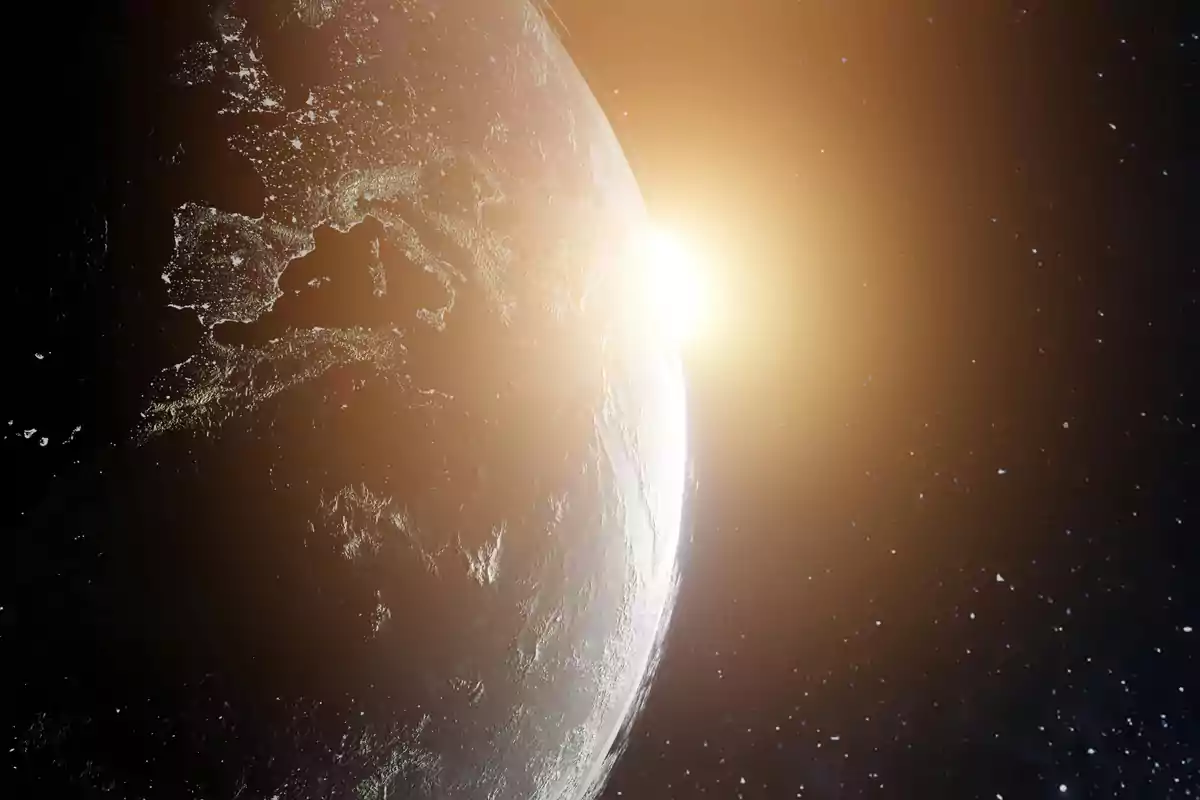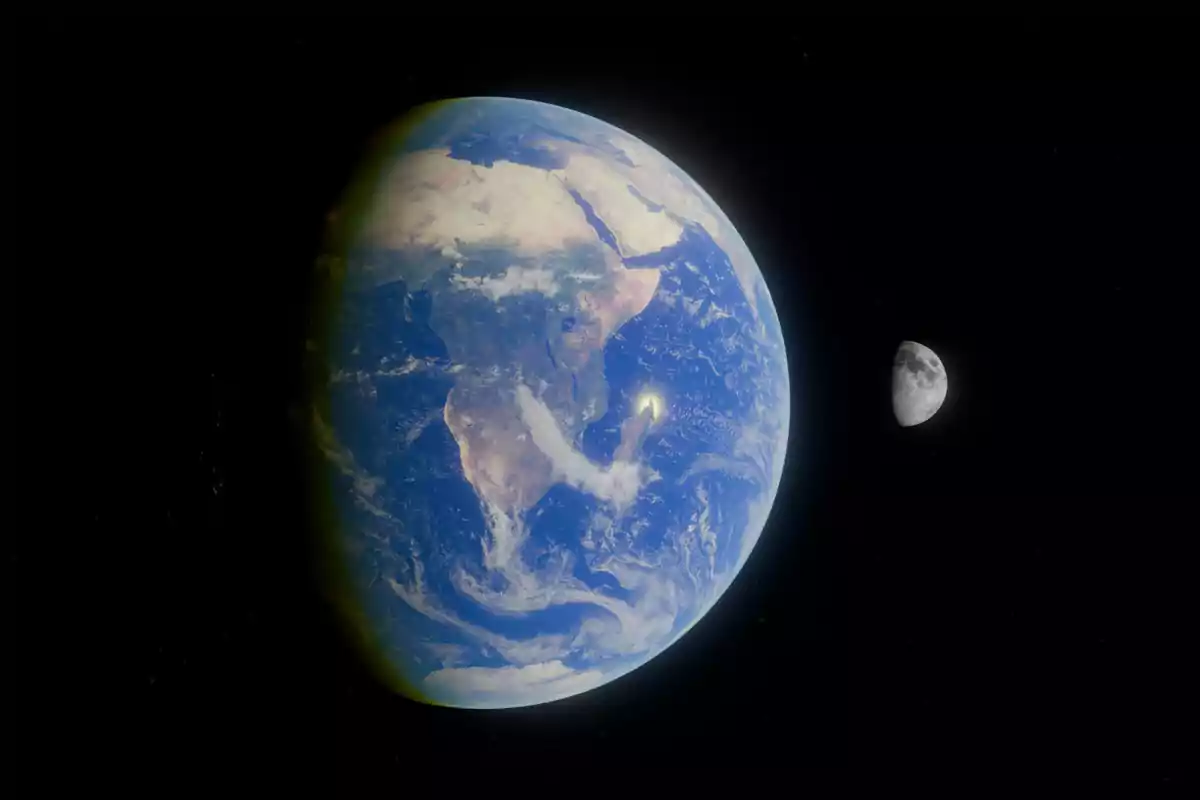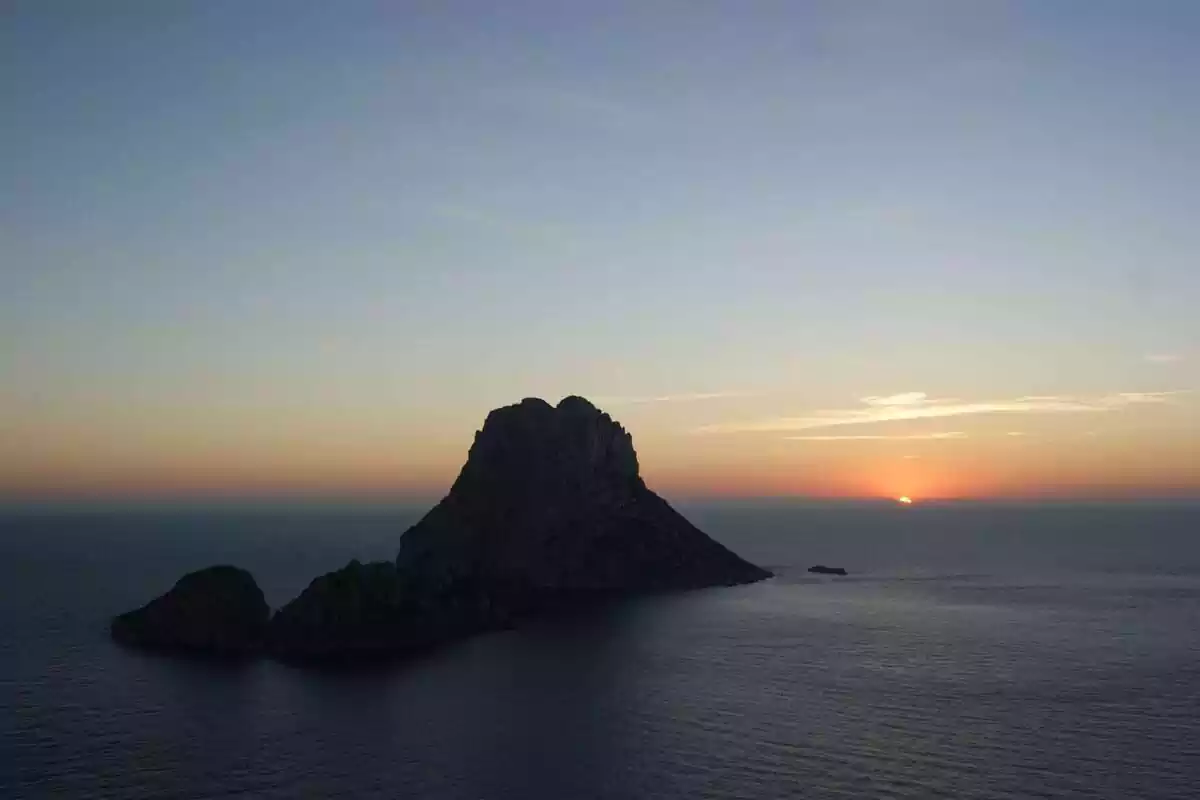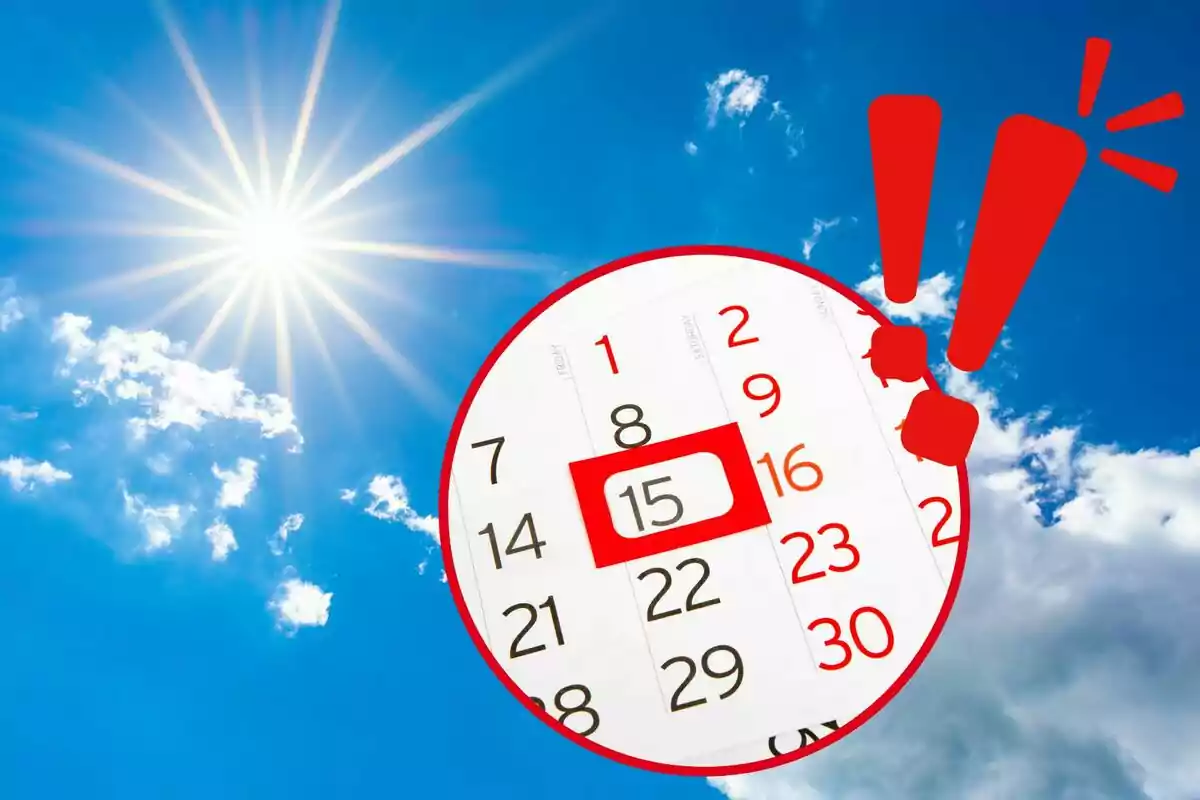Earth's rotation has sped up in recent years, and the planet could break a new record in just a few weeks. Graham Jones, a NASA astrophysicist, has stated that we could experience the shortest day in modern history ever recorded so far. The phenomenon has been observed with extremely precise atomic clocks, which have confirmed a progressive shortening in the length of days.
In recent years, scientists have detected days that have lasted less than the traditional 24 hours, although the difference is practically imperceptible. Since 2020, scientists have recorded multiple days with slight reductions in milliseconds, which has caused growing interest. The current record is held by July 5, 2024, when the day was shortened by exactly 1.66 milliseconds compared to the usual average.

An unexpected acceleration that challenges previous theories
The change has been puzzling for the scientific community, since the trend until now was the opposite and was well documented. Earth had been slowing its rotation for millennia due to the gravitational influence of the Moon, a gradual but constant process. However, this recent acceleration has been an unexpected surprise and there is still no definitive explanation.
Some studies have linked this behavior to the Moon's position in its orbit, particularly when it moves away from Earth's equator. On certain dates, that distance could affect the planet's angular momentum, producing tiny but measurable variations in its rotation. Even so, there is no scientific consensus on this hypothesis shared by some researchers, and the question remains open.

When will we experience the shortest day?
Graham Jones has pointed out that, if the trend continues, records could keep falling in the coming years, with even shorter days. The estimated dates for a new minimum are between July 9 and August 5 of this year. Although imperceptible to most people, this phenomenon does have consequences in very specific and sensitive sectors.

In fields such as satellite navigation, advanced meteorology, or telecommunications, even a millisecond can alter global synchronization. That's why experts are paying special attention to these variations, no matter how minimal they may seem, to prevent disruptions. Time, literally, is gold for the planet's technological infrastructure, which depends on millimetric accuracy.
Accelerated rotation: How does it really affect us?
It is important to note that this acceleration doesn't pose any immediate risk to humanity nor does it represent a catastrophic threat. We're not going to fall off the planet or see the Sun go out the day after tomorrow, so there's no need to panic. Even so, the phenomenon has opened new lines of research into Earth's internal behavior and its core.
Some scientists suggest that if this acceleration in Earth's rotation persists for millions of years, our planet could end up rotating synchronously with the Moon. That would mean tides would disappear and from here we would always see the same lunar face, as if it were fixed. But there's no reason to be alarmed: That scenario is so far in the future that neither we nor many future generations will be around to experience it.

We can only wait to see if Jones's prediction is confirmed and the record is broken again in a matter of days. If so, we will experience, even if we don't consciously notice it, the shortest day recorded in modern history. Although we don't have to set our clocks forward, the planet does seem to be in a bit of a hurry lately.

